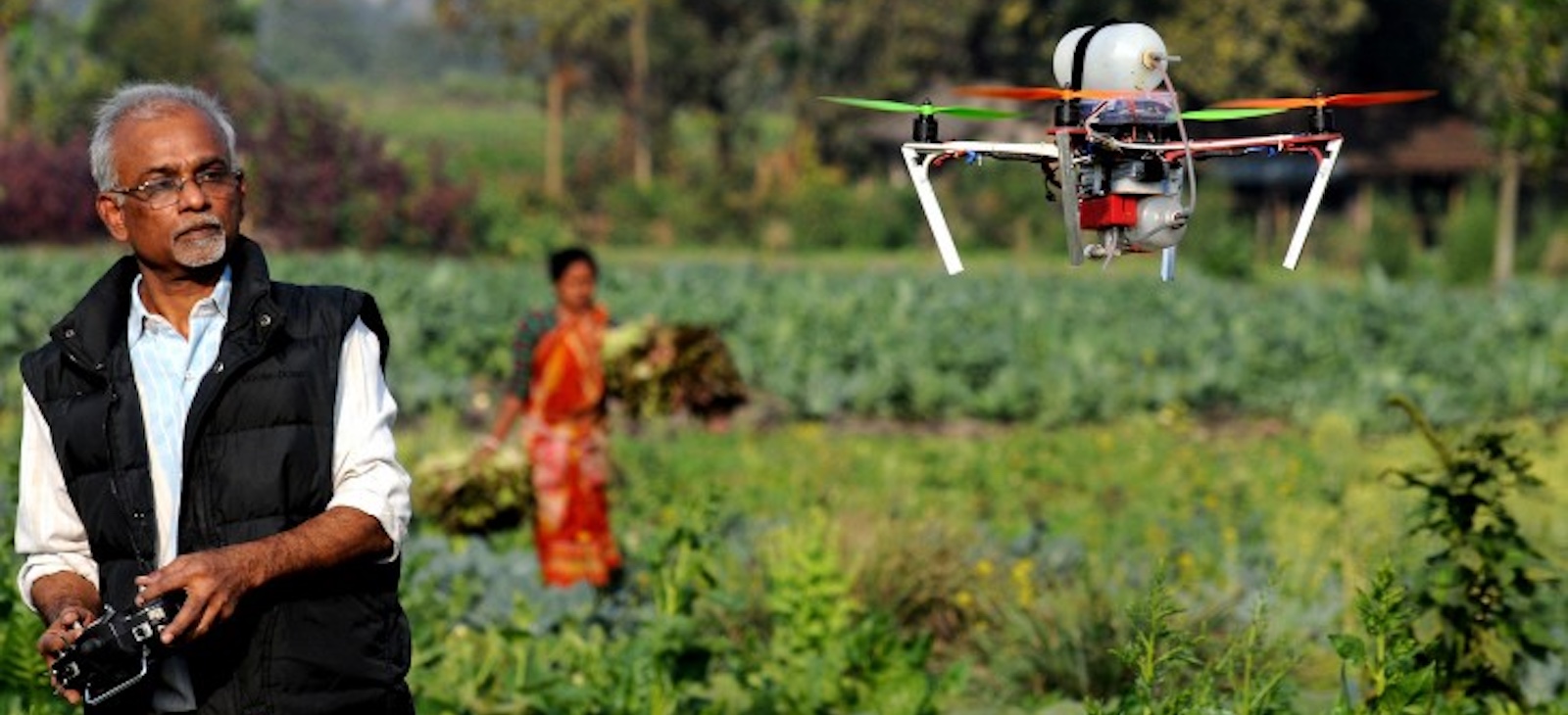Evaluation of USAID Prize Competitions

Digital Agriculture – USAID
Study Context
USAID’s Exploratory Programs and Innovation Competitions team (DDI/ITR/I/EPIC) has implemented over ten open-innovation prize competitions since 2016. These competitions change the conventional approach to development. Instead of committing funds upfront with uncertain outcomes, prize competitions pay innovators for solving specific, well-defined problems in global development. Prize competitions have several potential advantages over traditional grant-making. They shift the development and implementation costs to the competitors, remunerating only for tangible, pre-specified results. Furthermore, they can promote innovation by drawing a broader pool of participants such as those from non-development sectors and those directly impacted. USAID’s prize competitions have been held in multiple countries, addressing a range of development issues, including Off-grid Refrigeration, Fall ArmyWorm, and Desalination, to name a few. This project provides an objective and systematic evaluation of these prize competitions within USAID to shape their future design.
Study Design
While qualitative evidence seems to indicate that prize competitions can be effective at finding and scaling promising solutions, there are not currently many empirical analyses to support the claim. This study will use quasi-experimental methods to examine the impact of prize competitions on the outcomes of prize entrants. In particular, the research team hopes to understand how participating in a prize competition impacts changes in the revenues, follow-on investment, and “reach” of prize-winning (and finalist) innovations in comparison to those applicants who entered the prize competition but did not win or become finalists.
The research team will leverage two primary datasets for this study. The first will encompass details about the prizes themselves, such as award size, finalist activities, and the goal of the prize (ideation, point solution, acceleration, etc.) The second dataset will be generated from surveys administered to all prize applicants. These survey instruments will record basic demographic and firmographic information, as well as time series data on innovation outcomes. With these datasets we plan to implement a difference-in-difference model to understand how participating in the prize competition impacts finalist innovations compared to those that applied and were not ultimately selected as finalists.
Results and Policy Lessons
Results forthcoming

